Not only her political opponents believe that European Commission President Ursula von der Leyen was involved in corruption related to the EU’s vaccine procurement, but several EU bodies have also concluded this, Peter Siklosi, senior researcher at the Hungarian Institute of International Affairs, told our paper.
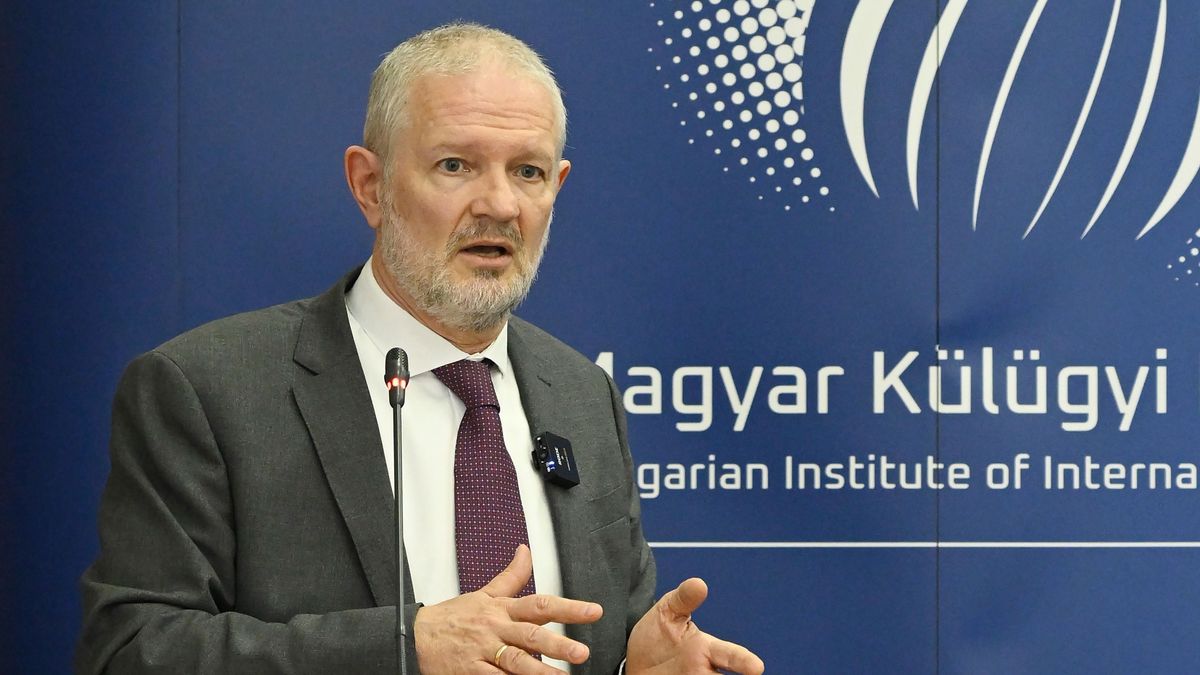
So she is now facing a fairly credible and substantiated accusation of corruption, and the escape route she has chosen is to call those accusing her pro-Russian. This is how the Pfizer scandal and the issue of war are linked. Von der Leyen has decided to shift the focus to the war,
the expert said, adding that it’s not the first time Brussels politicians, when unable to give a proper answer to a difficult question, have resorted to accusing their opponents of being pro-Putin.
A similar motive is behind the European Commission’s silence regarding the brutal forced conscription taking place in Ukraine.
This would contradict the narrative that Ukrainians are good at everything, that Ukrainians are ready to join the EU, that Ukrainians have a robust democracy. Obviously, they try to hide such images because they would not fit into the very positive narrative built around Ukrainians,
he pointed out.
Despite their differences of opinion, the left wing stood by Von der Leyen. According to Siklosi, the explanation is simple:
They don’t want to lose power,
the expert noted.
Mathematically, it would be possible for conservatives to form a majority, but the European People’s Party (EPP) and the left already have the experience of a full term working with Von der Leyen, and they’ve learned how to handle her well, he explained.
In that sense, the corruption accusations Von der Leyen is facing actually work in their favor. The more serious the charges, the easier it is to control her politically,
the expert pointed out.
The fact that it was a roll-call vote influenced the outcome of the vote, as many MEPs did not even attend so as not to have to openly declare their position.
Manfred Weber, president of the EPP and leader of the parliamentary group, called on the members of his group to attend the vote and support the president of the European Commission. Of the seven MEPs of the Tisza Party, two ultimately voted in favor of Von der Leyen, while five voted 'no.'
The fact that she had to face this motion of no confidence is in itself a sign of her declining legitimacy. She ultimately received 360 votes, far fewer than the 401 she originally won with. That’s a major blow to her prestige,
the expert added.
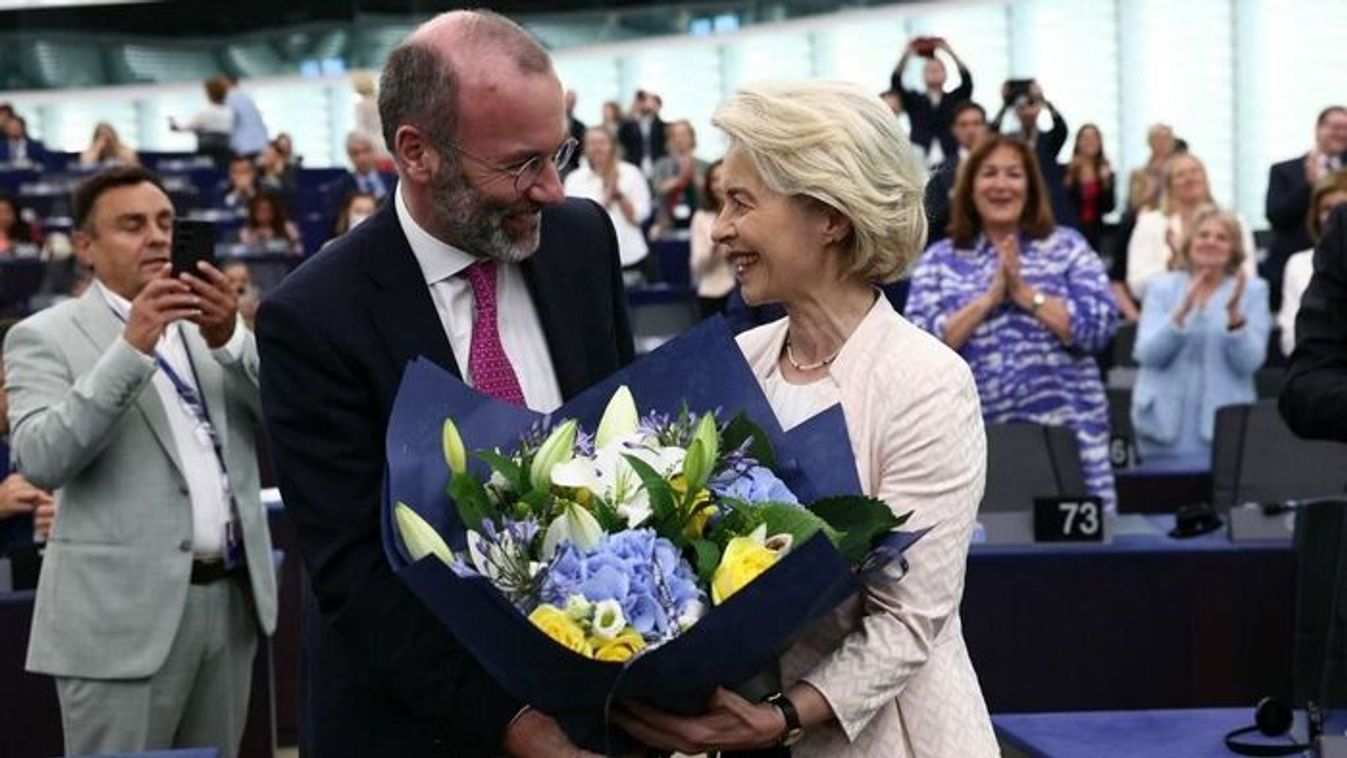
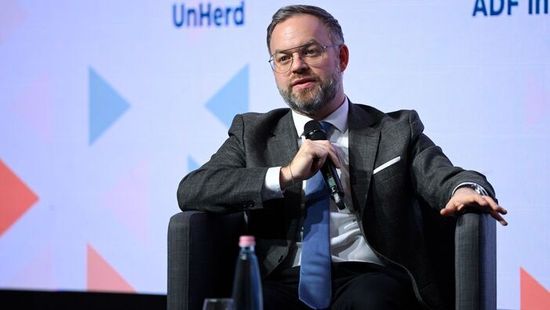
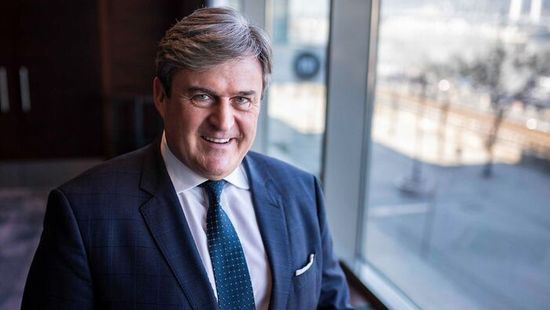
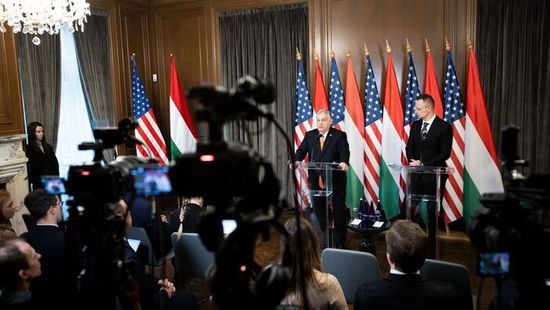
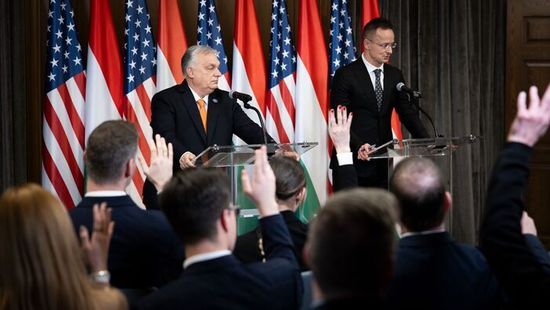


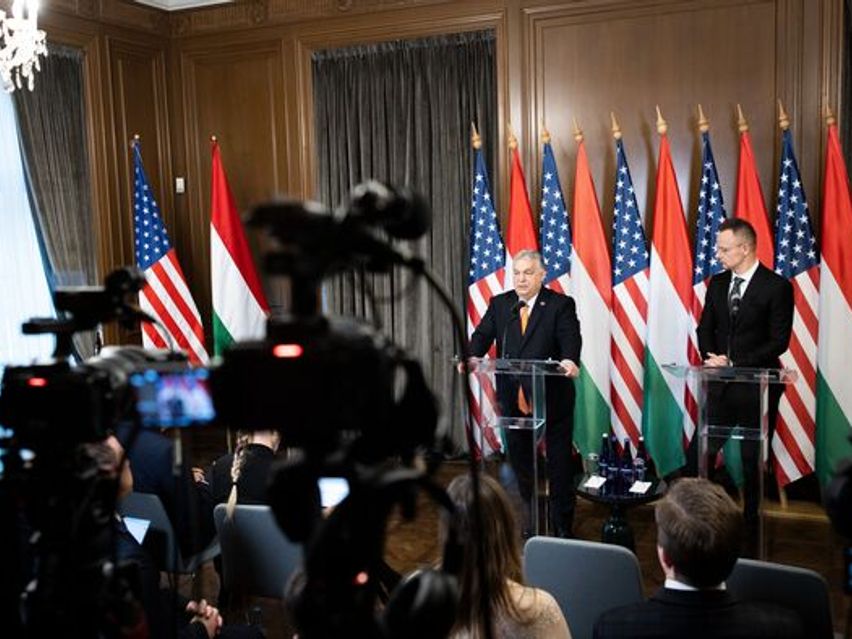
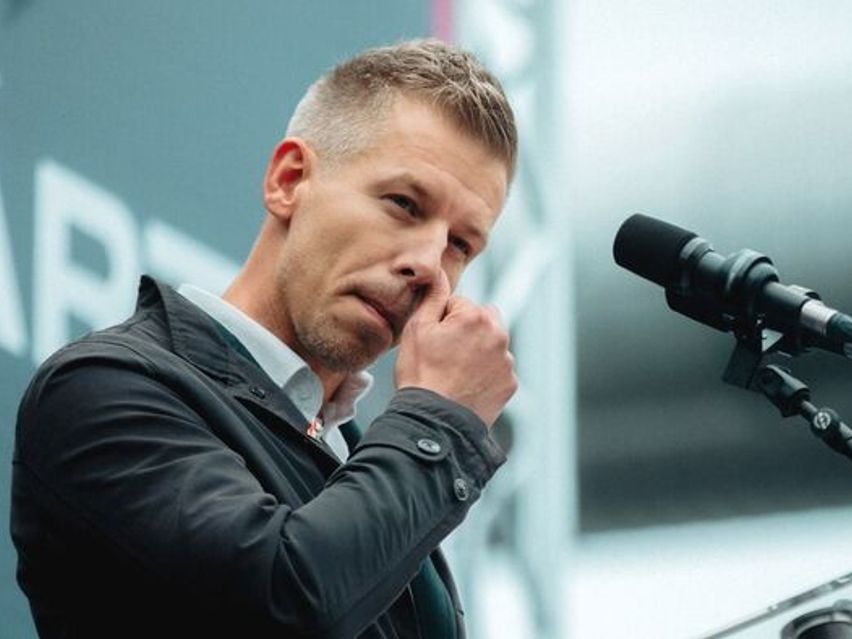
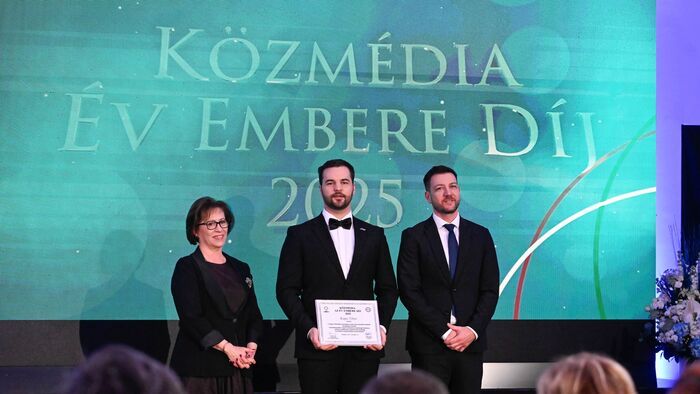

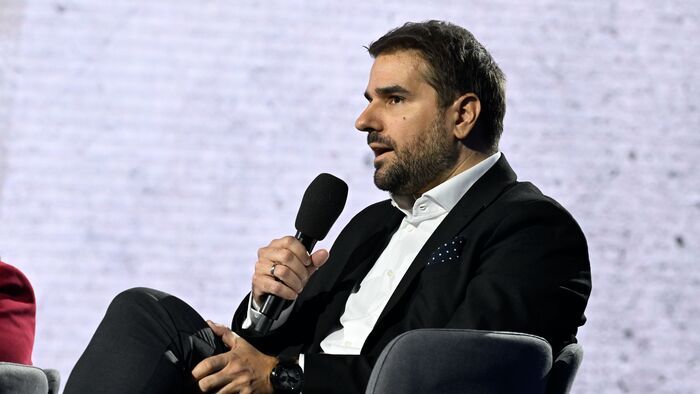
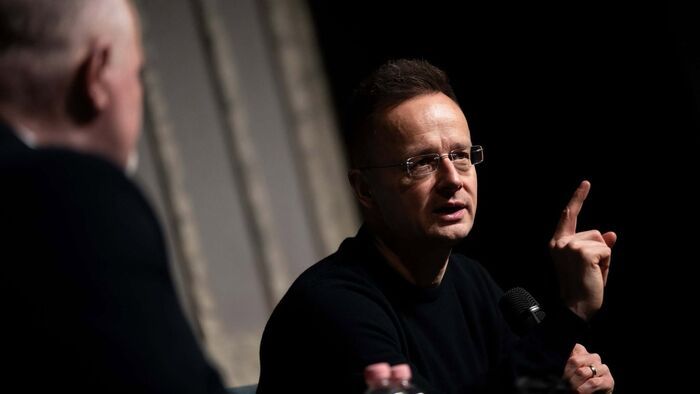
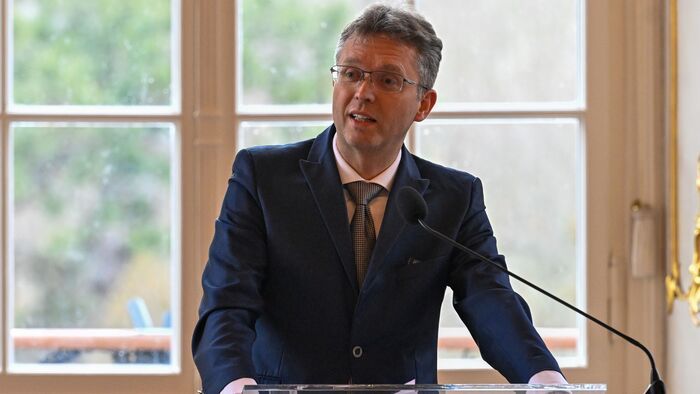

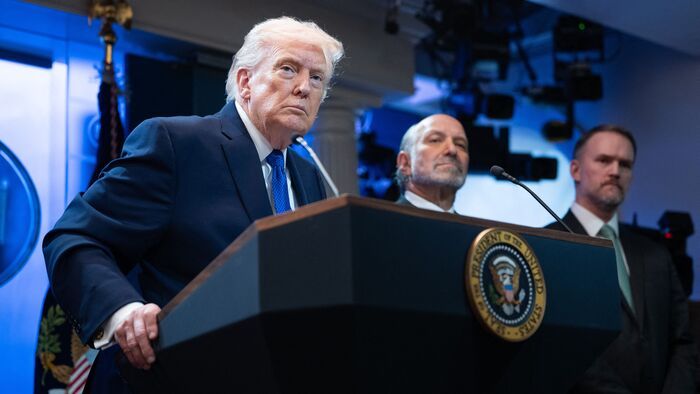

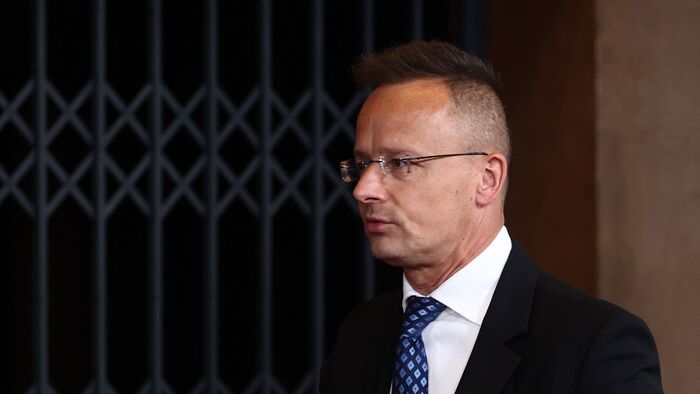

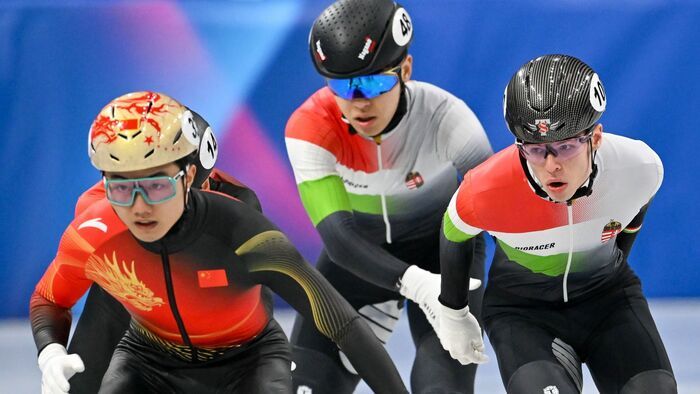
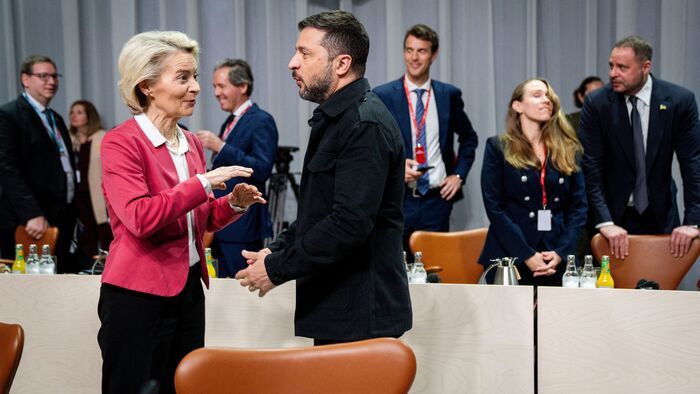
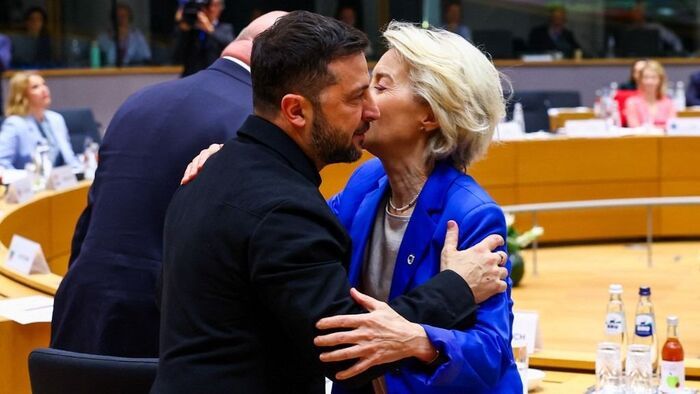

Szóljon hozzá!
Jelenleg csak a hozzászólások egy kis részét látja. Hozzászóláshoz és a további kommentek megtekintéséhez lépjen be, vagy regisztráljon!